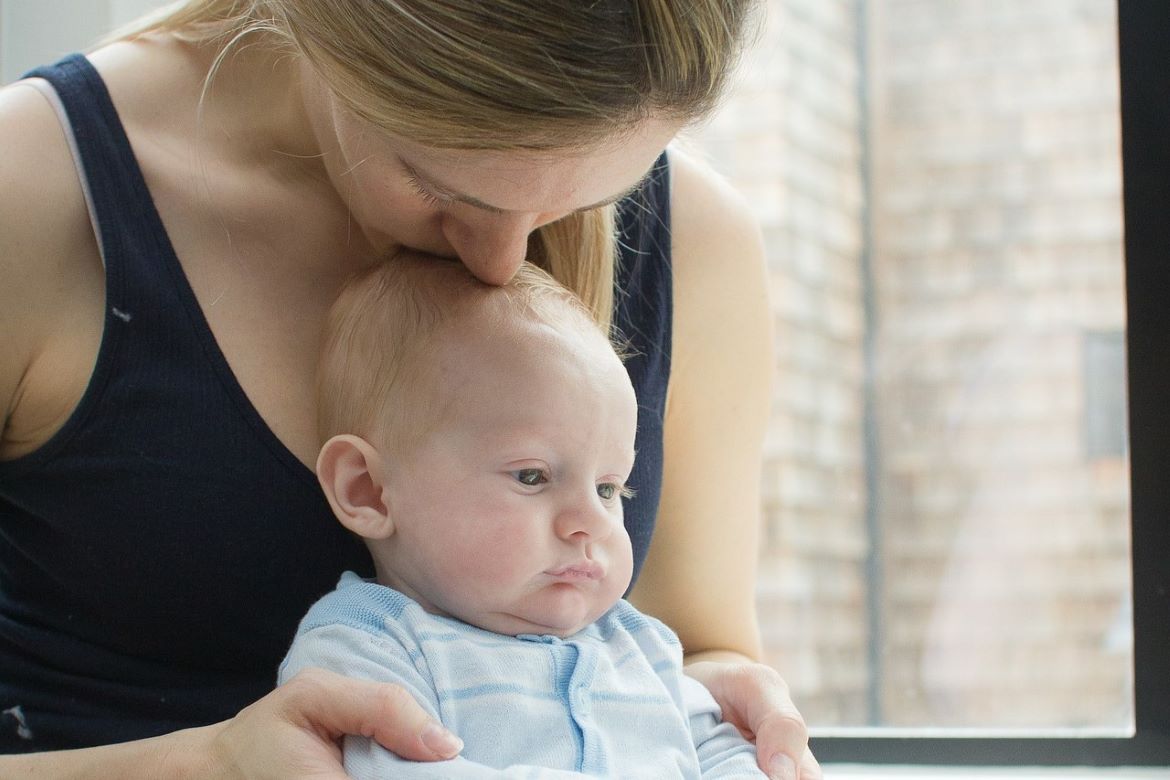By Meagan McWhirter
Postnatal depletion is the combination of physical, emotional and hormonal depletion that occurs during any stage of motherhood due to a combination of stressors and the pressure that can arise of being a parent. You may be thinking, “Well how do I know if I have postnatal depletion?”. Here are some common signs that you may be experiencing postnatal depletion:
* You feel utterly exhausted every day
* You are so tired BUT you actually struggle to fall asleep
* You get a massive energy slump around 3pm in the afternoon
* You have this constant “foggy” feeling in your brain
* You find it hard to remember things and always seem to forget where you put your car keys
* You struggle to get through the day without multiple coffees
* You can’t stop your mind from racing and your emotions change quickly
* You feel overwhelmed and touched out by the end of the day
Postnatal depletion is the combination of physical, emotional and hormonal depletion that occurs during any stage of motherhood due to a combination of stressors and the pressure that can arise of being a parent.
It is important to recognise the difference between postnatal depletion and postnatal depression. Postnatal depletion is incredibly exhausting and may perpetuate signs or symptoms of postnatal depression, however not every mother with postnatal depletion has concurrent depression. Postnatal depression significantly impacts the mental health of the mother and requires the support of a professional care team alongside concurrent medication (if required). If you feel that you are experiencing postnatal depression, it is important to reach out to your primary care provider or contact PANDA on 1300 726 306.
Nutrient deficiencies and poor diet quality can greatly influence the development of postnatal depletion. In particular, low levels of iron, zinc and vitamin D will influence energy, mental clarity, sleep, mood and hormones. The combination of nutrient deficiencies and poor dietary quality (whether that be a diet filled with not-so-great choices or a diet where you hardly eat anything at all) is a not-so-great recipe for postnatal depletion.
During motherhood, it can be difficult to prioritise your own nutrition and correct nutrient deficiencies (particularly if you haven’t even had time to head to your nutritionist to see what you are deficient in!), making you feel even more depleted. Optimising your nutrition is essential to restore your energy and make you feel like YOU again, so below are my top 5 nutrients, why you need them and what foods you can eat to get them.
Optimising your nutrition is essential to restore your energy and make you feel like YOU again.
Protein
Protein helps to support energy, balance blood sugar and promote a calm nervous system. Protein is broken down to amino acids like glycine, tyrosine and tryptophan, which are used to make neurotransmitters like GABA, norepinephrine and serotonin. Glycine supports GABA production, which reduces stress and anxiety, tyrosine supports norepinephrine, which increases energy and motivation levels and finally, tryptophan supports serotonin needed to increase levels of happiness and enjoyment.
Sources: Beef, lamb, eggs, chicken, salmon, sardines, hemp seeds, nuts, seeds and tofu











